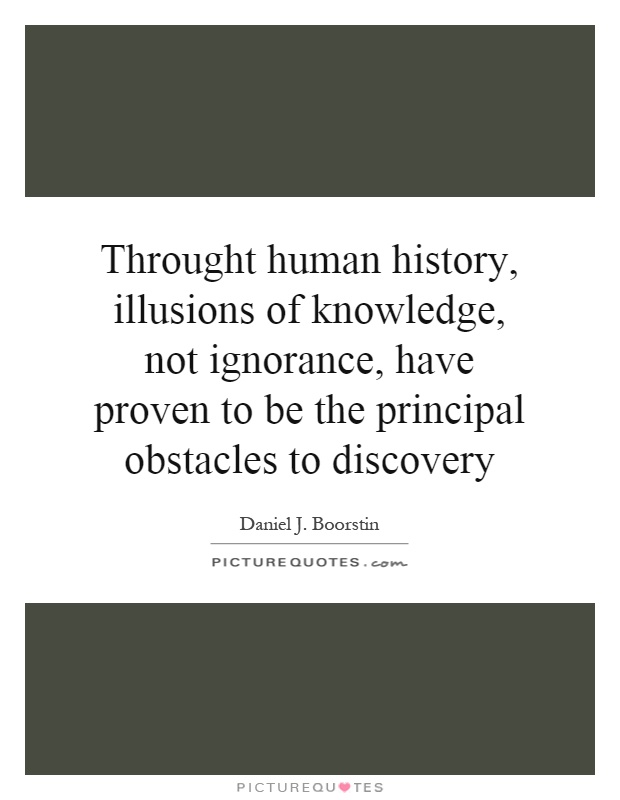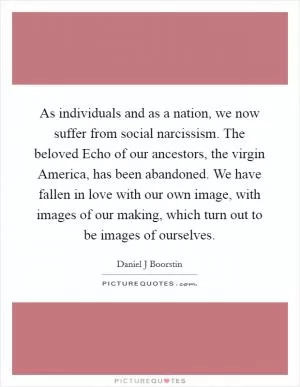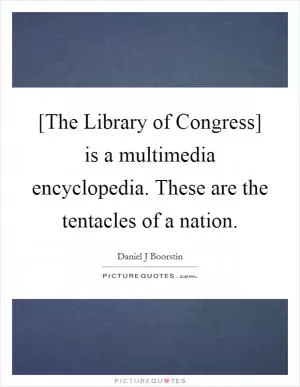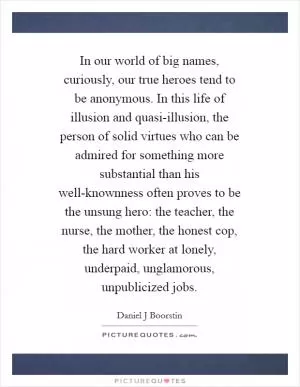Throught human history, illusions of knowledge, not ignorance, have proven to be the principal obstacles to discovery

Throught human history, illusions of knowledge, not ignorance, have proven to be the principal obstacles to discovery
Daniel J. Boorstin, an American historian, once famously said, “Throught human history, illusions of knowledge, not ignorance, have proven to be the principal obstacles to discovery.” This statement holds a profound truth that resonates throughout the annals of history. Boorstin’s assertion suggests that it is not ignorance that hinders progress and discovery, but rather the false sense of knowledge that blinds individuals from seeking the truth.Throughout history, there have been numerous instances where illusions of knowledge have impeded progress and hindered discovery. One such example is the geocentric model of the universe, which was widely accepted for centuries. The belief that the Earth was the center of the universe was not due to ignorance, but rather a false sense of knowledge based on religious and philosophical beliefs. It was not until Copernicus and Galileo challenged this illusion of knowledge that the heliocentric model of the universe was accepted, leading to a revolutionary shift in our understanding of the cosmos.
Another example of illusions of knowledge hindering discovery can be seen in the field of medicine. For centuries, bloodletting was a common medical practice based on the belief that it could balance the body’s humors and cure various ailments. This practice was not born out of ignorance, but rather a false sense of knowledge passed down through generations. It was not until the scientific method was applied to medicine that bloodletting was debunked as a harmful and ineffective treatment.












 Friendship Quotes
Friendship Quotes Love Quotes
Love Quotes Life Quotes
Life Quotes Funny Quotes
Funny Quotes Motivational Quotes
Motivational Quotes Inspirational Quotes
Inspirational Quotes